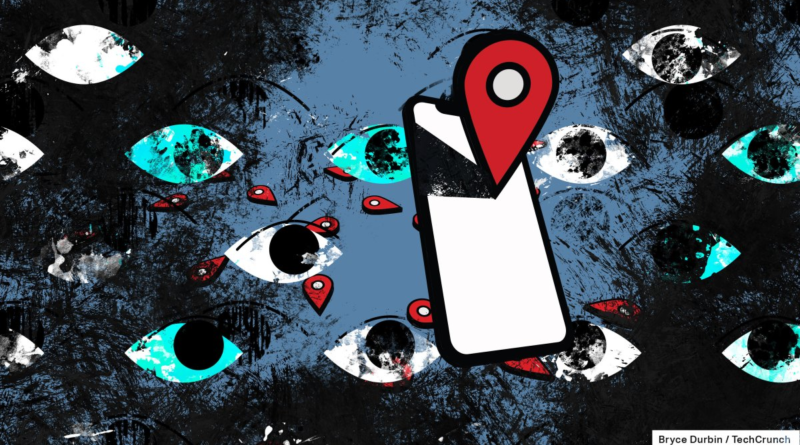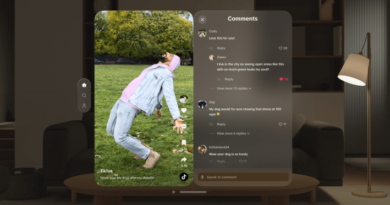Microsoft won’t say if its products were exploited by spyware zero-days
Microsoft has released patches to fix zero-day vulnerabilities in two popular open-source libraries that affect several Microsoft products, including Skype, Teams, and its Edge browser. But Microsoft won’t say if those zero-days were exploited to target its products, or if the company knows either way.
The two vulnerabilities — known as zero-days since developers had no advance notice to fix the bugs — were discovered last month, and both bugs have been actively exploited to target individuals with spyware, according to researchers at Google and Citizen Lab.
The bugs were discovered in two common open-source libraries, webp and libvpx, which are widely integrated into browsers, apps and phones to process images and videos. The ubiquity of these libraries coupled with a warning from security researchers that the bugs were abused to plant spyware prompted a rush by tech companies, phone makers, and app developers to update the vulnerable libraries in their products.
In a brief statement Monday, Microsoft said it had rolled out fixes addressing the two vulnerabilities in the webp and libvpx libraries which it had integrated into its products, and acknowledged that exploits exist for both vulnerabilities.
When reached for comment, a Microsoft spokesperson declined to say if its products had been exploited in the wild, or if the company has the ability to know.
Security researchers at Citizen Lab said in early September that they had discovered evidence that NSO Group customers, using the company’s Pegasus spyware, had exploited a vulnerability found in the software of an up-to-date and fully-patched iPhone.
According to Citizen Lab, the bug in the vulnerable webp library that Apple integrates in its products was exploited without requiring any interaction from the device owner — a so-called zero-click attack. Apple rolled out security fixes for iPhones, iPads, Macs and Watches, and acknowledged the bug may have been exploited by unknown hackers.
Google, which relies on the webp library in Chrome and other products, also began patching the bug in early September to protect their users from an exploit that Google said it was aware “exists in the wild.” Mozilla, which makes the Firefox browser and Thunderbird email client, also patched the bug in its apps, noting that Mozilla was aware the bug had been exploited in other products.
Later in the month, Google security researchers said they found another vulnerability, this time in the libvpx library, which Google said had been abused by a commercial spyware vendor, which Google declined to name. Google rolled out an update to fix the vulnerable libvpx bug integrated into Chrome soon after.
Apple issued a security update on Wednesday to fix the libvpx bug in iPhones and iPads, along with another kernel vulnerability that Apple said exploited devices running software earlier than iOS 16.6.
As it turned out, the zero-day in libvpx also affected Microsoft products, though it remains unclear if hackers were able to exploit it against users of Microsoft products.




